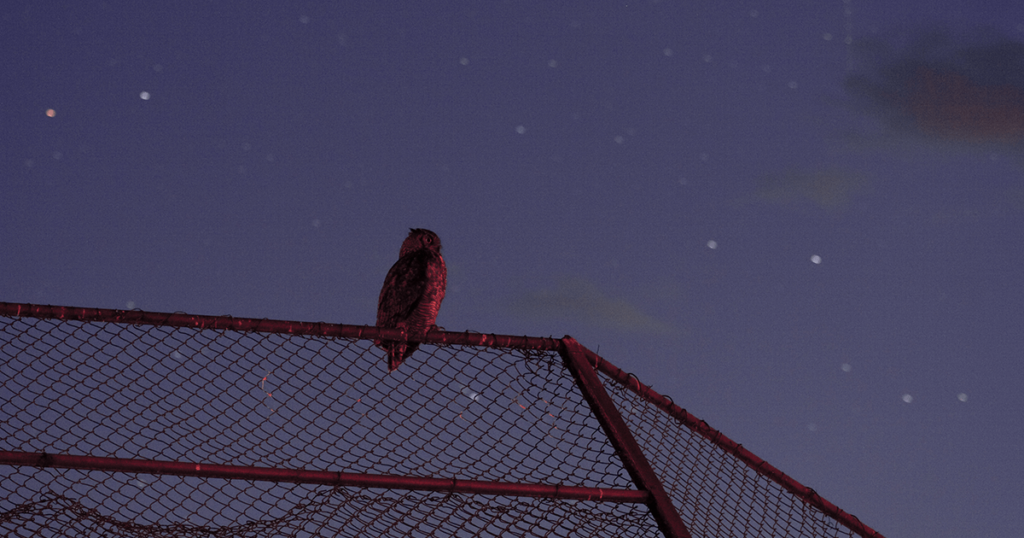
Why do some poets undervalue the interrogative mode? I have heard a professor fault a student’s poem on the grounds that it ended in a question mark. This was a stunning statement, especially in view of Shelley’s “Ode to the West Wind,” Keats’s “Ode to a Nightingale,” and Yeats’s “Leda and the Swan,” “The Second Coming,” “The Spur,” and “Among School Children,” all of which terminate in questions.
A question that closes a poem is sometimes rhetorical, meaning either that the answer is implicit in the question or that the question is unanswerable. This is a boon, not because of any gain in ambiguity, but because the rhetorical question can prove a more succinct and more emphatic way of saying something. At the end of his “Ode to a Nightingale,” Keats asks, “Do I wake or sleep?” In a mere five syllables, he conveys a sense of wonderment that would be lost in any direct statement—while meeting the formal requirements of the stanza.
There are poems by Goethe (“Der Erlkönig”), Rilke (the first of the “Duino Elegies”), and Auden (“O where are you going?”) that make a strong case for the interrogative opening of a poem. I believe that I could give a 50-minute lecture on the first line of Hamlet, which is, “Who’s there?”
For our next challenge, then, I propose that we write poems that begin and end in questions. Fourteen lines or less. Extra credit if the poem incorporates an echo or quote from any of the 10 works mentioned above. Will someone write a poem about a lark, a dove, an eagle, a mockingbird, or an owl? Who knows?
Deadline: Saturday, April 13, 2019, midnight any time zone.

